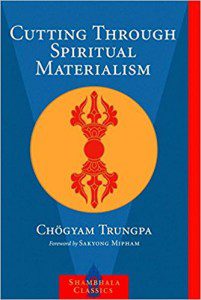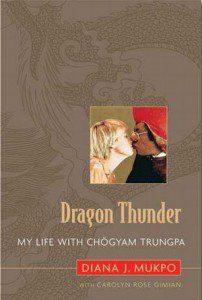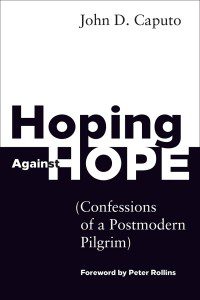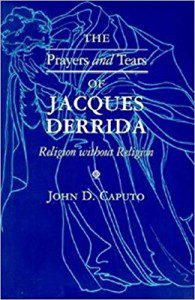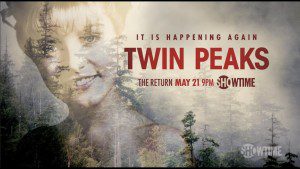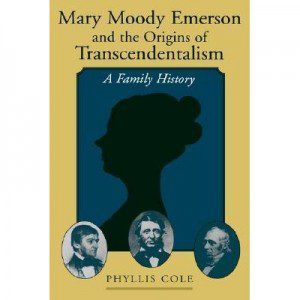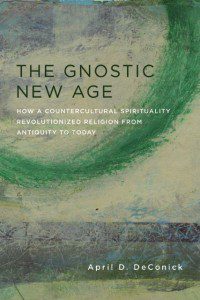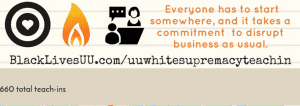(This post is a continuation of yesterday’s post on “Chögyam Trungpa & Pragmatic, Modern Meditation.”) Given my post yesterday about Trungpa’s shortcomings, why mention him at all today? The main reason is that despite his seeming ethical violations in some areas, it is nevertheless true that he had a particular genius for presenting traditional Buddhist teachings in a way that was accessible to a Western audience. He was a trailblazer in bringing Buddhism to the West. One significant part of that legacy... Read more


